Operational issues and bottlenecks of maritime supply chains: 25 reasons why your cargo is delayed due to shipping?
Current maritime supply chains are not well optimised due to operational difficulties caused by an inefficient management of logistics and vessel operations and navigation, not taking into consideration force majeure events
Who, if not a logistician, most often hears the question "Why is my cargo late"? Are all logisticians (or even half of them) that bad, and this notorious profession is doomed to be a place for people who never get anything on time? Well, there is also the fault of the transport company responsible for transporting your cargo. However, in what cases? Which companies fall under the category of "transport company"? What is their area of responsibility? Let's figure it out together.
If your cargo is transported by sea, then the influence of hydrometeorological factors on the ship's controllability is directly related to the delivery time of your cargo. Deviation from the route, depending on weather conditions, will require time to adjust the course, and in some cases strong storms can even force vessel to enter the nearest safe port, which will shift delivery times by 1-2 weeks. In case of damage caused by a storm, this period may be even longer; see more in point 2.
1. Weather conditions
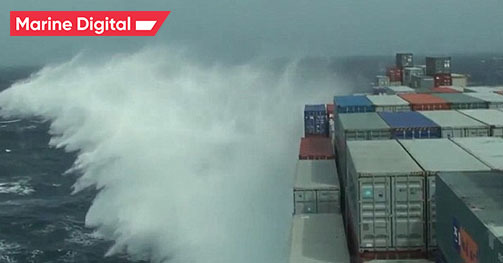
Single marine engine consists of over 120,000 parts. All of them can break. Potential occurrences of malfunctions, upon detection of which it is expected that litigation will not be possible. The time that inevitably requires the cost of moving a slow ship to the nearest docks for repairs, plus the time for the repairs themselves, can be a month or more. If your cargo in this case is in containers, then it will probably be transferred to another nearest ship at the port of transshipment, but only if the country or port is served by a shipping line.
2. Technical malfunction of the ship
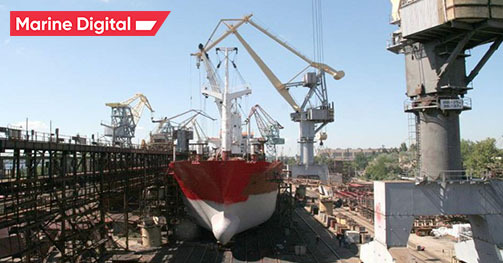
These include various floating objects, such as floating ice, mines torn from anchors, fishing nets, barrels, flooded trees, etc. These factors can force the ship to change course. In addition, the most common risks in practice are stranded and reefs. For example, the case when the cargo ship "Grigory Lovtsov" got into severe ice conditions in the Sea of Okhotsk. Often the cause of this type of danger is RSS violations, crew errors and human factors, equipment failure, poor vessel stability, and others.
3. Navigational dangers
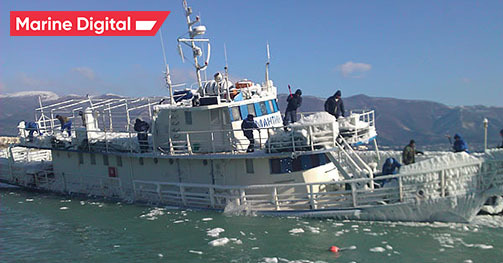
In accordance with the requirements of international treaties, under certain circumstances, in the course of monitoring environmental safety, cases sometimes arise that can lead to the detention of ships. Depending on the presence of the detected violation, the delay period may also be different. Non-compliance can be filed not only with the port authorities but also with local authorities, veterinary, environmental, marine, and other specialized services in different parts of the world, as well as fines, which can also be deferred upon delivery of your cargo.
4. Ban on leaving the seaport
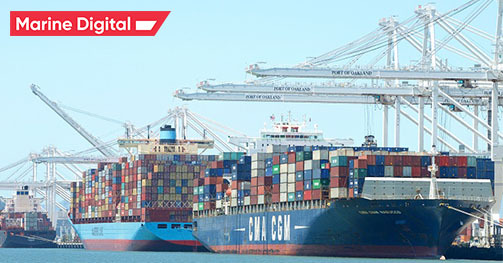
A concept familiar to the maritime industry, congestion or "congestion" is usually a seasonal phenomenon in some of the world's busiest ports. Although recently the world community has noted that such tourist ports as Shanghai, Singapore, Rotterdam, New York, and others are successfully mastering technologies, incl. IT and their workload no longer block congestion control, but ports like Port Said and Chittagong, which are ten times inferior in terms of cargo turnover, continue to suffer from this problem. For example, tropical rains in Bangladesh in August-October became a serious problem for unloading the fleet, and seasonal harvests for Egypt (where Port Said is a hub and transshipment port for many shipping lines) simply do not allow adjusting the volumes of cargo. If your container has landed on a vessel following this route, be prepared to wait. Shipping lines usually send notifications of existing delays.
5. Lack of free space at the berth
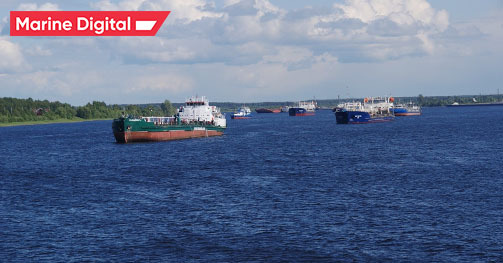
It is known that only 35% of all European airline routes are served by private services. Everything else is the delivery of goods using transshipment ports. And if the required delivery time for your cargo in China is 35 days for an indirect service, be prepared to boldly add a week to this figure (if there is only one POT, and exactly the same amount more if there are several). Why? Because the expected time is the ideal time when the connection with the feeder occurs at the port of transshipment the very next day. But deviations from the schedule are constant, and the average regularity of ship calls in the world is 7 days. So, if your container didn't hit the feeder yesterday, you'll only have to wait a week.
6. Failure in the filing schedule
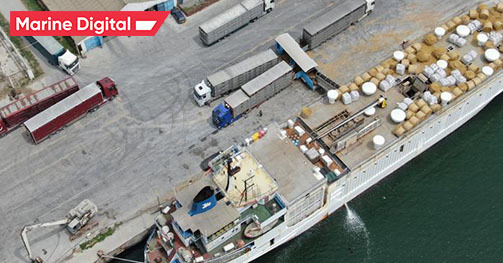
In fact, this is a widespread cause of delays that are not often reported in the media. This is especially true for developing countries: stationary equipment, lack of certification and scheduled inspections, and non-compliance with safety regulations. And sometimes this happens due to the accidental negligence of the terminal workers. Remember that this can happen to your cargo, so never neglect the possibility of insurance. Some insurance companies also insure the risks of untimely delivery of goods associated with the expectation of events.
7. Technical malfunctions in ports
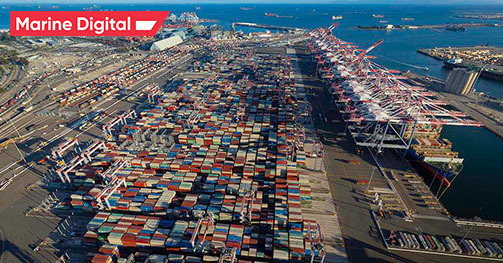
Identification of violations that may lead to the detention of containers or even a vessel, described in paragraph 4, is not the only phenomenon that may affect the delivery time of your cargo. Between the two countries there are at least 2 customs posts that the container will pass through, and in the case of transshipment ports, there are even more of them. At the same time, the customs authorities at the port of transshipment may also present control standards for your cargo, and even in this case it will be detained. Of course, you should pay attention to this point if you are doing business with countries with a high level of corruption. In any case, at least make sure that you really have everything in order with the documents.
8. Customs
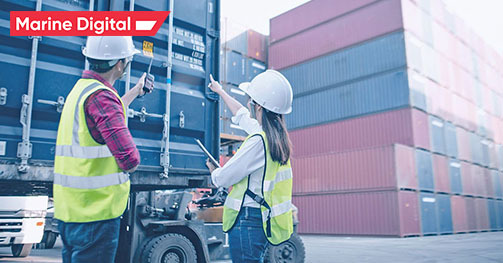
Armed conflicts, considered by some to be an unlikely event, still cause serious problems from time to time. Firstly, when such events occur, they can block the channel or close the port in which your cargo is already located or through which it passes. War risk insurance is probably the only viable solution for this outcome; or try not to work on a route where there is an increased risk of conflicts.
9. Military action
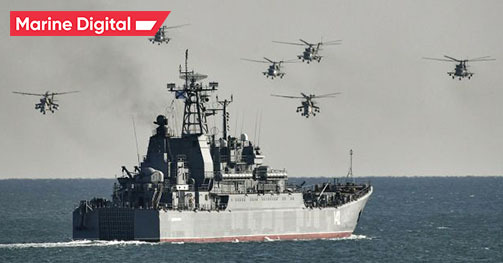
Not only the events during the voyage described in paragraph 1 can cause delays in the delivery of cargo. Strong winds, tropical storms, which exceed the limits provided by the terminal's loading equipment, can cause serious problems at the transshipment complex itself, which can no less affect the final time of your delivery.
10. Weather conditions during loading
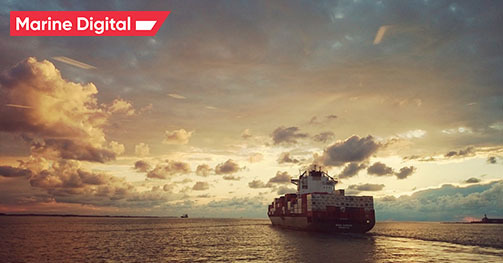
The international maritime convention SOLAS (Safety of Life at Sea) provides for a general practice of providing assistance at sea in the event of distress. The ship that is as close as possible to the scene of the accident is obliged to come to the rescue, and its crew members must take due care of another ship in distress or people in danger. The Convention has now been signed by every shipowner as a compliance with the standards of international shipping. And while it is worth rejoicing that in a civilized society there are the right things that are aimed at rescuing and helping others in trouble, the reaction to SOS will definitely lead to a delay in your cargo.
11. Taking part in rescue operations
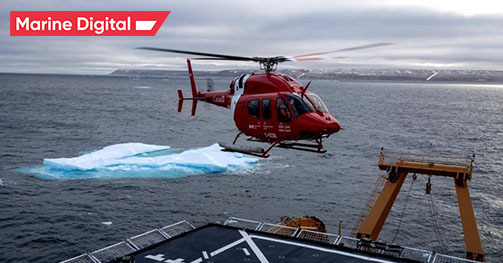
In addition to rescue work, there is also the internal situation on the ship, and there are cases of force majeure associated with just one person in need of emergency assistance. In such cases, there are obvious delays in time for proper action to be taken, and no one can influence these delays. As a rule, in such cases, the delay does not exceed one day, since even if necessary, the delivery of the victim from the ship will be carried out by a separate transport; however, there are different situations (for example, the ship is far from the coast) when the operation can take longer.
12. Rescue of a crew member
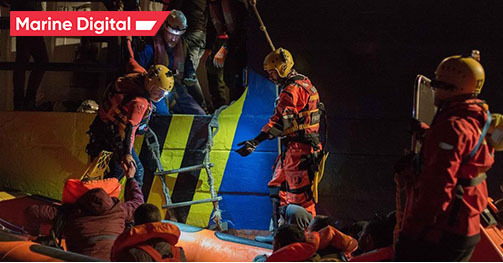
In the practice of world shipping, there are also cases when it is not possible to continue sailing due to the arrest of the vessel or financial problems. This can happen when transporting goods on a charter flight or when working with little-known small companies whose financial reputation you have not been able to verify. And although everyone has been working with the giants of the market, say, container transportation, for many years, and, at first glance, nothing can portend trouble, there is hardly anyone who has not heard about the bankruptcy of one of the largest shipping lines Hanjin.
13. Bankruptcy
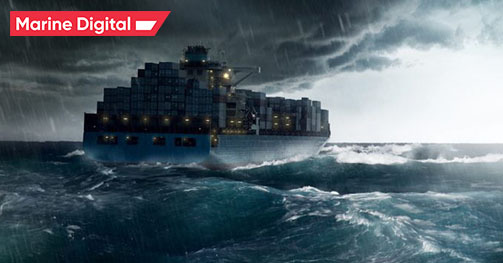
Murder, smuggling, or any other crew-related crime - history knows such cases. Perhaps your cargo is on board a vessel of one of the most reliable shipping lines, with a select crew, and your transportation has been established for many years - it should be remembered that the vessel is still run by living people who change often, and some of them are unpredictable. It is not worth writing off vessel delays for this reason.
14. Crime
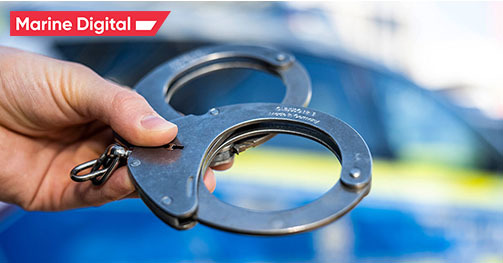
It is not just off the coast of Somalia that the danger of being seized by informal military groups for ransom exists. There are many cases of piracy in the Gulf of Mexico, in the Caribbean Sea, as well as off the coast of India and Pakistan. The famous movie "Captain Phillips" well illustrates falling into the hands of pirates and the possible consequences. And although armed guards are hired on all modern ships passing through high-risk areas, this is still not a panacea; after all, security also accompanies the ship only on a separate section of its route.
Read more Evolution of piracy at sea: pirates in maritime 2020
Read more Evolution of piracy at sea: pirates in maritime 2020
15. Pirates
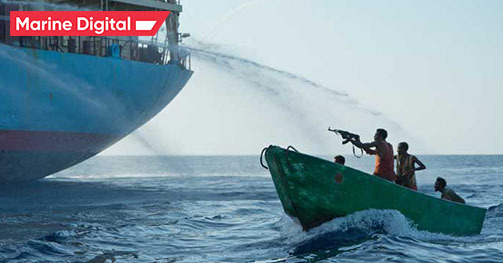
Violation of the environment due to the fault of the vessel or crew, and as a result, arrest and loss of time is a common case and one of the situations described in paragraph 4. The vessel does not have to be a tanker in order to harm the environment and the water area of the seaport. Every even the smallest ship has a stock of bunker fuel, measured in hundreds of tons, as well as a certain amount of lubricants. In case of non-compliance with safety regulations, negligence of the crew, or failure to perform scheduled maintenance and repair of the ship, the release of these substances can occur with a high probability - and the first thing after that the ship will be arrested at least until the damage is repaired (about a month). With a considerable number of these incidents in history, they, unfortunately, continue to occur.
16. Pollution of port water
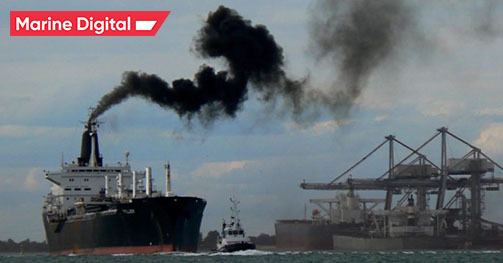
This concept should not be confused with sustainability. Due to the displacement of the center of gravity of the cargo on the ship, engineering errors in the preparation of the cargo plan, the performance of the voyage can significantly deviate from the norm, which at best will lead to a change in the seaworthiness of the vessel and its speed. In case of a critical stability violation, the vessel will need to call at the nearest port for re-stitching. In the worst cases, history knows the tragic cases of the death of a ship with cargo.
17. Violation of the ship's stability
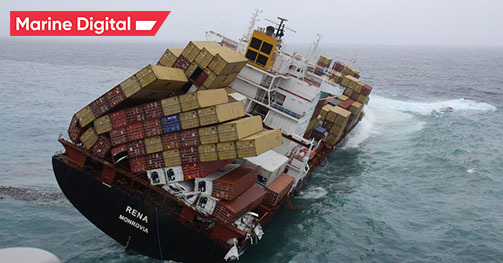
In the modern world, about 60% of all world terminals work without holidays and weekends, because the planning of the work of ships and cargo companies becomes more efficient, and the profits of all parties involved increase. Nevertheless, there remains a considerable number of ports where weekend stops take place, and this cannot but affect the speed of cargo delivery. In chartering ships, when calculating steel, there is even the concept of SSHEX / SSHINC (Saturdays, Sundays, Holidays excluded / included), in which, respectively, weekends and holidays are not taken into account when calculating steel (no cargo work) or accepted (cargo work is performed) . Here we are talking about the technical work of the terminal, and does not affect the work of customs and other port structures, which in almost 100% of cases do not work.
18. Holidays and weekends
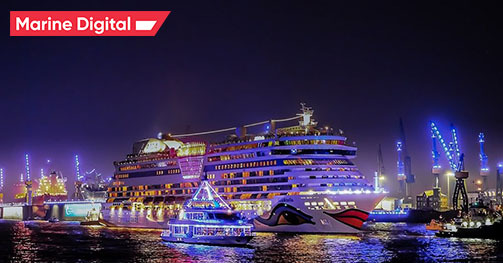
In this case, even a rupture of the bill of lading is possible. Containers are waiting for a new vessel at the transshipment port, as the line dispatch service was unable to allocate space at the planned feeder. The reasons may vary, but usually it is due to some one event that caused a shift in the schedule, and all shippers whose reservations were announced before yours will have to go to the feeder in priority, and you will have to wait. Today, shipping lines are trying to combat such trends in order to avoid claims from customers and not incur additional costs for storage/demurrage of containers.
19. Lack of free space on the feeder
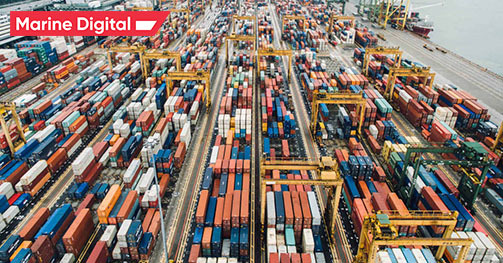
Collisions or collisions is a specific definition under the SOLAS convention, as well as the Merchant Shipping Codes of individual states. Can be considered as one of the cases of general average. Hitting a boat or boat also applies to this kind of collision. One of the clearest examples is the collision of two large container ships in the Suez Canal in 2014 - Maersk Tanjong and Colombo Express, owned by the Hapag Lloyd line. The consequences of such incidents in terms of delivery times need no explanation.
20. Collision of ships
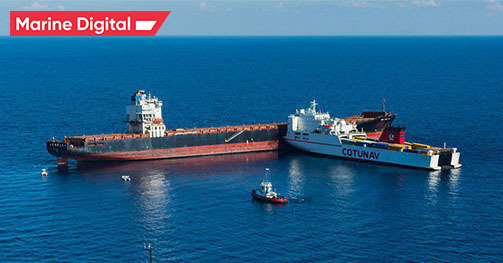
Can be considered as one of the scenarios described in paragraph 5. There are not many places among the seaways of the world with extremely limited capacity - and often these are artificial reservoirs created or developed by man to facilitate navigation and international trade (Panama Canal, Suez Canal and etc.). As with highways, a kind of congestion/congestion can occur during the passage of the canal due to the large congestion of ships, which inevitably leads to deviations from the schedule and delay of the vessel.
Read more about TOP 15 navigable canals important for shipping and maritime logistics
Read more about TOP 15 navigable canals important for shipping and maritime logistics
21. Passage of channels and bottlenecks
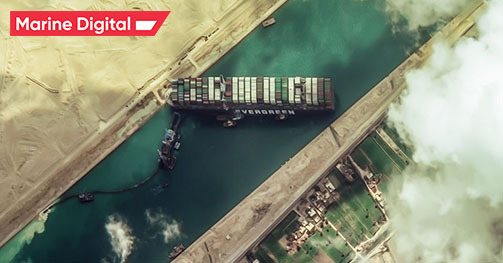
This usually happens when a huge (overstocking) number of containers arrive at the port. This is especially true for transshipment ports, where the turnover of transit cargo most often exceeds the import-export one. Due to this phenomenon, the ship is forced to wait longer for the start of cargo operations until the work on previous cargoes is fully completed.
Read more about TOP-15 significant seaports for global logistics
Read more about TOP-15 significant seaports for global logistics
22. Port or terminal congestion
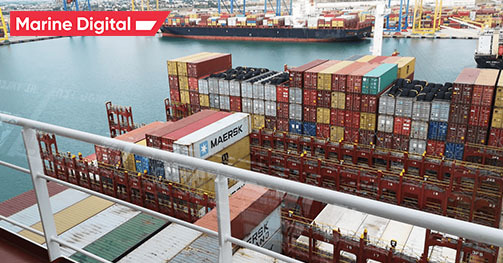
In many maritime transport contracts, in the "Force Majeure" section, there is always a reference to strikes (along with military risks, storms and other force majeure circumstances). It is no coincidence that all these events stand side by side and are grouped into one section - after all, they also affect delivery times in a similar way. Due to disagreements with management, employers often strike workers in ports (often in European ports lately), which inevitably leads to a stop in cargo operations, the impossibility of timely handling of the ship.
23. Strike
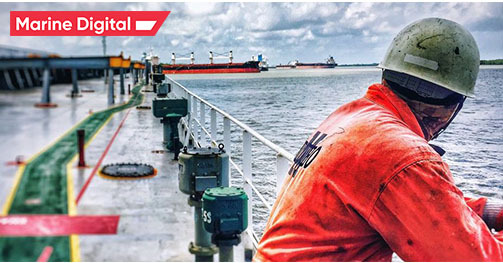
As already mentioned in paragraph 8, if your cargo follows from the port of departure to the port of destination on an indirect flight (through one or more ports of transshipment), then control standards can also be assigned at intermediate ports. All costs for this verification are borne by the cargo owner. For example, it is very common for customs authorities at EU ports to take containers for inspection.
Keep in mind that each customs office has its own criteria for selecting containers for inspection, and as a rule, containers with products from risk groups or containers of a sender with a bad reputation are subject to inspection.
Keep in mind that each customs office has its own criteria for selecting containers for inspection, and as a rule, containers with products from risk groups or containers of a sender with a bad reputation are subject to inspection.
24. Customs inspection at the transshipment port
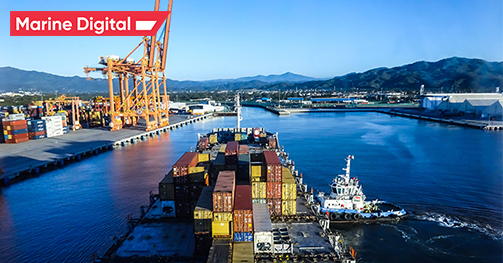
When, after booking confirmation, the line unilaterally "cuts off" your containers from loading and rolls them onto the next ship - this reason is called "vessel overbooking", i.e. there is not enough room on the ship on the actual date to load your scheduled containers. For example, this is the most common reason for cargo delays in Ukraine during export, especially during the grain season.
It would seem that we live in a time of high technology, when the resale of seats on the ship - all this has long sunk into oblivion and is a relic of the past. Alas, this happens in our time, and this becomes especially true during the holiday seasons, for example, on the Chinese New Year, or before the start of Christmas.
If you have the opportunity, then try to avoid peak seasons. If you just need to send a batch at this time, then I strongly do not recommend resorting to the services of small and unknown carriers. Their prices will be lower, but in such "very busy" seasons, they simply cannot cope with the volume. More reputable carriers, in turn, in case of any problems, can use larger vessels from different trade routes.
As you can see, there are many typical reasons for cargo delays. Only 25 of them were collected in this review. If you are just starting your import or export business, you are very lucky to read this article because every point has been earned through hard work. And now you can make smarter decisions about timing, vendors, routes, and more.
Read more about Why your cargo has not yet arrived at the port or the main reasons for the delay of vessels
It would seem that we live in a time of high technology, when the resale of seats on the ship - all this has long sunk into oblivion and is a relic of the past. Alas, this happens in our time, and this becomes especially true during the holiday seasons, for example, on the Chinese New Year, or before the start of Christmas.
If you have the opportunity, then try to avoid peak seasons. If you just need to send a batch at this time, then I strongly do not recommend resorting to the services of small and unknown carriers. Their prices will be lower, but in such "very busy" seasons, they simply cannot cope with the volume. More reputable carriers, in turn, in case of any problems, can use larger vessels from different trade routes.
As you can see, there are many typical reasons for cargo delays. Only 25 of them were collected in this review. If you are just starting your import or export business, you are very lucky to read this article because every point has been earned through hard work. And now you can make smarter decisions about timing, vendors, routes, and more.
Read more about Why your cargo has not yet arrived at the port or the main reasons for the delay of vessels
25. Overbookings and rollings
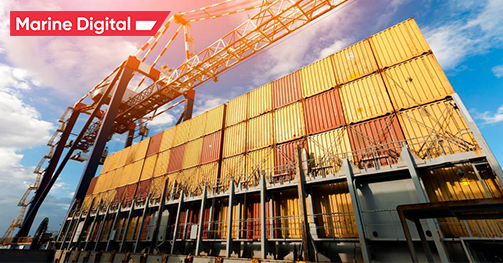

TOP 5 factors contributing to lower fuel costs for Shipping companies
Get a presentation with a full description of the features and free pilot project with trial of Marine Digital FOS for 2 months
"Clicking the button, you consent to the processing of personal data and agree to the privacy policy"

Get an overview "The Pathway to Zero Carbon Shipping:
IMO Compliance and CII Optimization through SEEMP" on email and download it for FREE! Leave your email now!
"Clicking the button, you consent to the processing of personal data and agree to the privacy policy, as well as consent to subscribe to the newsletter. "
Аdvantage of Fuel Optimization System from Marine Digital:

Marine Digital FOS can be integrated with other system and third-party's solutions through the API. To implement vessel performance monitoring for any vessel, we are using mathematical algorithms, machine learning and the same equipment as in FOS. The more data we collect from vessels, the more precise reports and recommendations our system will perform according to your individual requirements in fleet management.
If you have any questions about the solutions and the Marine Digital System platform, write to us, we will be happy to answer
If you have any questions about the solutions and the Marine Digital System platform, write to us, we will be happy to answer

Increased business process speed

Reducing to zero the number of errors

Best offer to the clients

Reduction in operating expenses
Have a questions?





